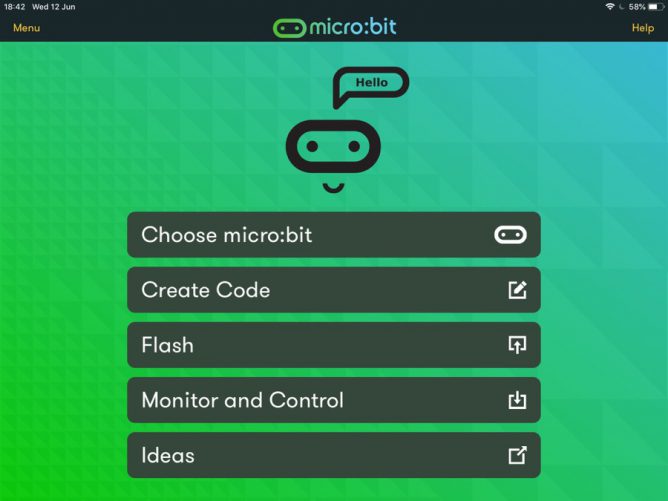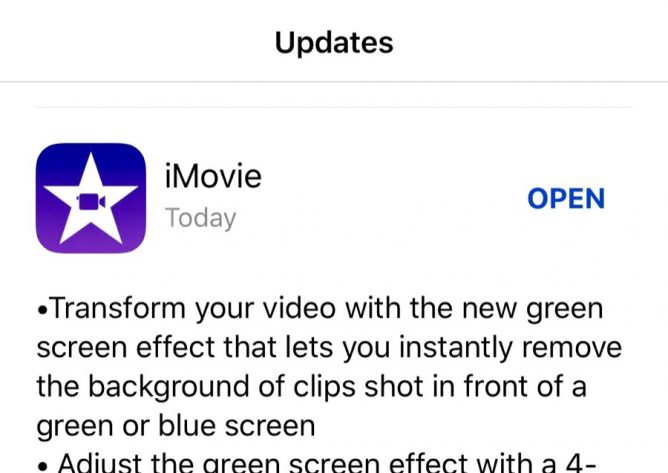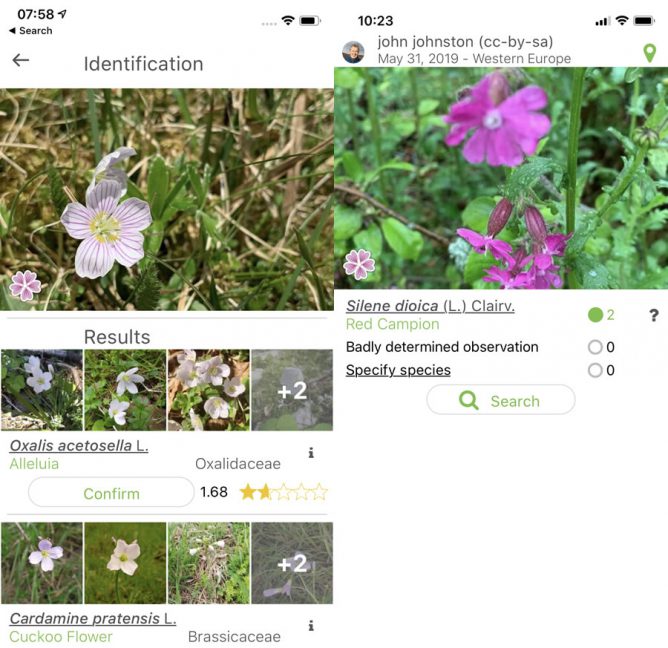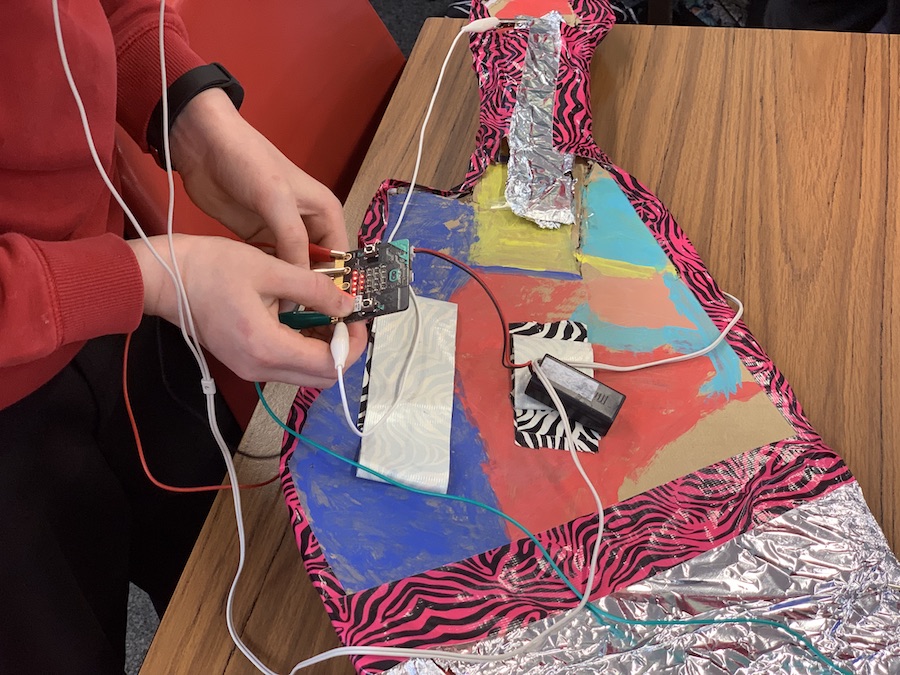I’ve been enjoying micro.blog. it is a community of disparate bloggers, writing in their own spaces. A sort of community RSS reader that smooths out the process of blogging & commenting without being a silo. An example of ideal community technology.
Category Archives: wwwd
Carol Dweck: where growth mindset went wrong
Carol Dweck: where growth mindset went wrong | Tes News
There is an interesting twitter thread started by the tes author Jon Severs.
Somewhat worrying that this is not only being introduced to schools but that a wee industry is being built up before implementation is properly understood.
“Teachers have to ask, what exactly is the evidence suggesting?” she explains. “They have to realise it takes deep thought and deep experimentation on their part in the classroom to see how best the concept can be implemented there.
Not something that can be done after a few sessions of in-service then?
The #altc Programme : ALT Annual Conference 2019 looks amazing. I wish I could go. I will be chatting to keynote @suebecks, co-chair @scotlandlouise @mhawksey & perhaps @MarenDeepwell on Radio #Edutalk on Wednesday 10 Jul 2019 8pm
micro:bit iOS app: much improved

Since returning to the classroom I’ve been using micro:bits with my class of 8-11 year olds. We have had a deal of fun with them, some of this is on the class blog.
We normally use pc laptops and chrome to access the MakeCode editor. In the second year I tried using the iOS app but out of a class only one or two children managed to get their micro:bits connected. At the time I put this down to multiple micro:bits and iPads in close proximity.
I have occasionally tested new versions of the app and the most recent one seemed a lot better. It displayed the webpage code editor in app and flashing seemed simpler. Today wanting to move our micro:bit guitar project on when the PCs were in use elsewhere in the school I decided to give the app another run. I am very glad I did. Everything about the app seemed to be better. I think that coding and flashing to the micro:bit for an iPad is simpler than using a pc. We had no problems in getting code written and flashed to the micro:bits.
I’d highly recommend the app if you have both iPads and micro:bits in your classroom.
I’d also recommend the Microsoft MakeCode Guitar project. I’ve been working with a mixed age group class and the mix of tech and ‘art’ fits very well. Some of the younger children are getting their first experience with coding and the art and construction can keep them motivated when the coding concepts get tough.
iMovie gets Greenscreen

I was delighted to see this update coming to iMovie.
I had a very quick play, simple and seemed to work very well. Perfect timing for our micro:bit project.
A bit of #stem & #steam #microbit action testing the new iMovie #greenscreen in the Biggies today. Hopefully we will have some nice videos to blog soon. pic.twitter.com/B00oOI0R1g
— Banton Primary (@Banton_Pr) June 12, 2019
Always Own Your Platform
(•_•)
<) )╯Always
/ \
(•_•)
( (> Own
/ \
(•_•)
<) )> Your Platform
/ \
Always Own Your Platform thanks to @joejenett

“#tdc2706 #ds106 “Welcome aboard, do what you like and leave the rest.” The Word according to @jimgroom
Liked: Pl@ntNet is the world’s best social network

Pl@ntNet is the world’s best social network is an interesting article and leads to a useful looking app.
Pl@ntNet is a plant identifier that combines algorithmic and social tools to identify plants.
An algorithm matches the digital image against a massive plant database and presents its best guesses as to what type of plant it is. The user who submitted the original image picks from a list of the most likely candidates, and ranks the probability the image is a match on a five-star scale. The community then vets each image, validating the identification or suggesting a new one.
The post has lots of interesting angles on the possible future of social networks, the indieweb and a nice personal touch. Highly recommended.
Last week I crowd sourced a flower identification, I ran the same image through Pl@ntNet this morning and had confirmation of the conclusion ‘we’ had reached1.
I made a couple more tests on the app and it seems to work really well. My one problem was that submitting photos uses the location you are at at the time of submission, not where I took the image (as far as I can see). Often I want to take a picture and bring it home to identify. I don’t want to give the impression that a Scottish hill flower is at home in Glasgow city! I can of course just id flowers without uploading them but the organisation wants people to add to the collection in the name of citizen science.
I’d recommend the app itself too, it seems to work very well, could be useful for outdoor learning and Pl@ntNet’s practices and principles sound great: open and thoughtful.
I wonder if we should spend some time explaining to pupils why we choose the tools we use, the affordances of said tools and the drawbacks. In the case of “free” tools why companies give them away. I don’t believe we think about these reasons in enough depth.
The May is Out
A test of snapthread which has been updated to version 2. When I tried the 1.8.1 version I rather liked it. It was then an app to stitch live photos into wee videos on iOS. Version 2 adds a lot more features. I still like it.
This video should not be used to judge the quality of the output, I used CloudConvert to squash the 38MB 1440 × 1080 mp4 down to 4.5MB 1.
My class used the free version, limited to 30 seconds of video, last session a bit, we had a few crashes, but I think it is a promising app. Ease of use, limited time of the free version and lack of stickers, for now 2, are useful for the classroom. My class use iMovie and Clips too, but sometimes we might not want the greater complexity of iMovie or the wacky possibilities of clips.
Unfortunately CloudConvert doesn’t work for me on the school network, I’ve tried a few apps that convert and squash video but no really found a good one for pupils to use. I would like my pupils to be able to do that, to save space on their blogs and to speed up uploading. I am not sure on the official line on posting to silos in North Lanarkshire. Social media, especially twitter, is very popular. That is staff rather than pupil posting, I’d like my pupils to be involved in the uploading of video to their e-Portfolios and the class blog without my interference.
For Glow Blogs, I’d also like the app to change the file type to mp4 or m4v as .MOV files, that are apples favourite, don’t play nicely with all browsers. We made a change to standard WordPress functionality to accept .MOV files as video, but some browsers don’t play them. Strangely, just editing the file extension, from .MOV to .m4v works, at least for Chrome. I can’t find a way to change extensions on iOS but I’ve tested on the desktop.
FWIIW Snapthread’s videos are .MP4 when exported to the camera roll, so only need squashed for my needs.
- Thanks to Martin Coutts for the pointer to CloudConvert ↩
- Snapthreads developer has a really interesting post about the development of the app: Journey to 2.0: Market Appeal | Becky Hansmeyer

